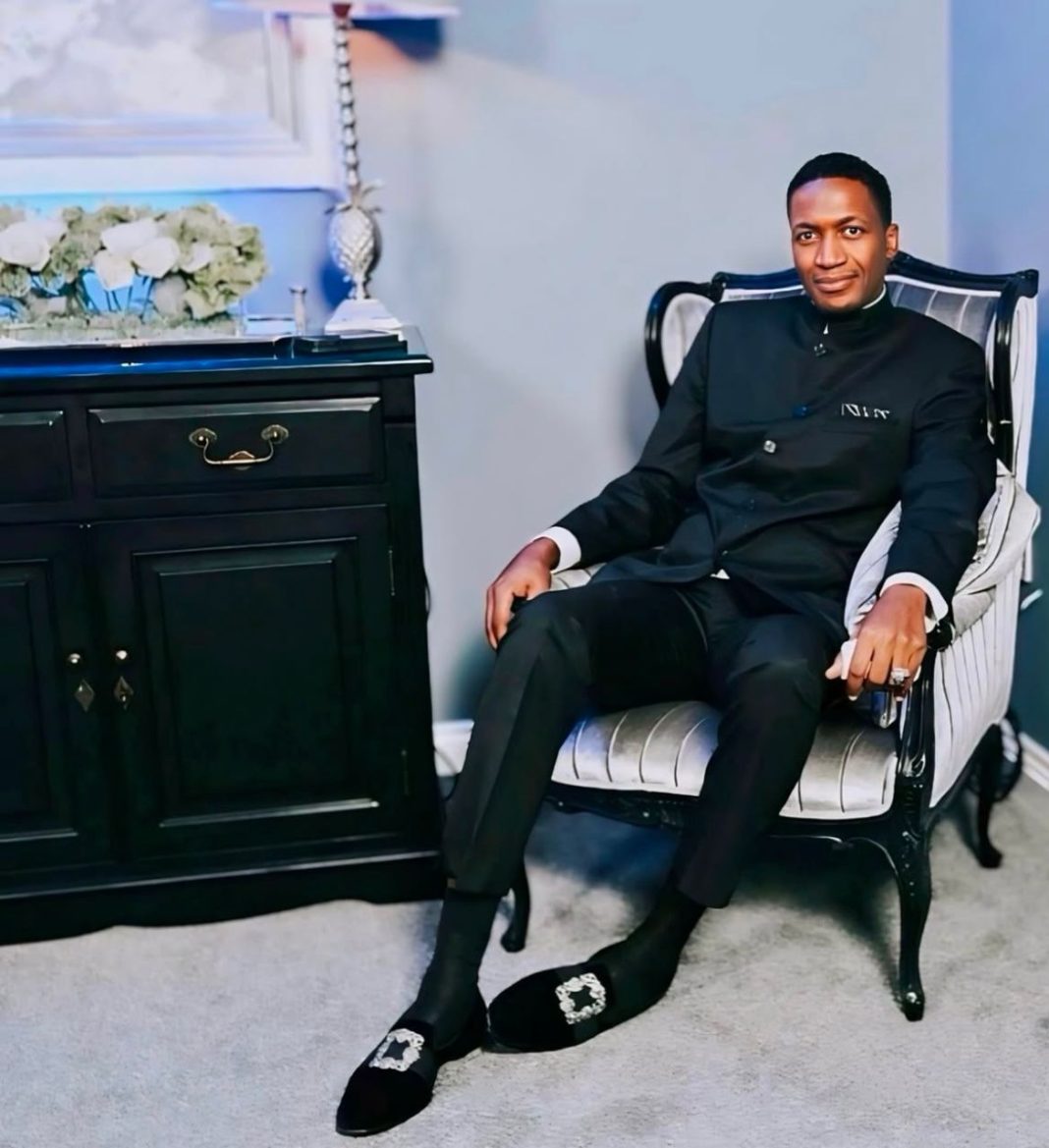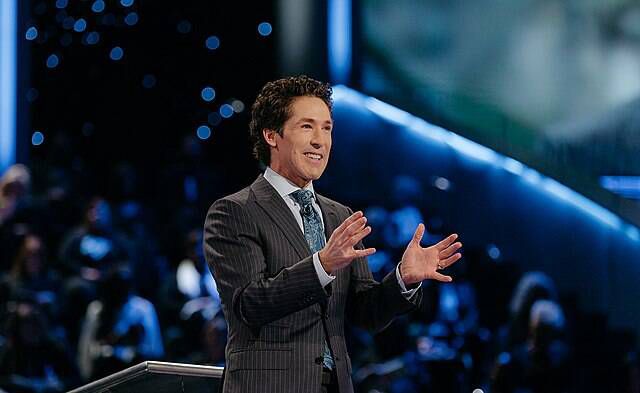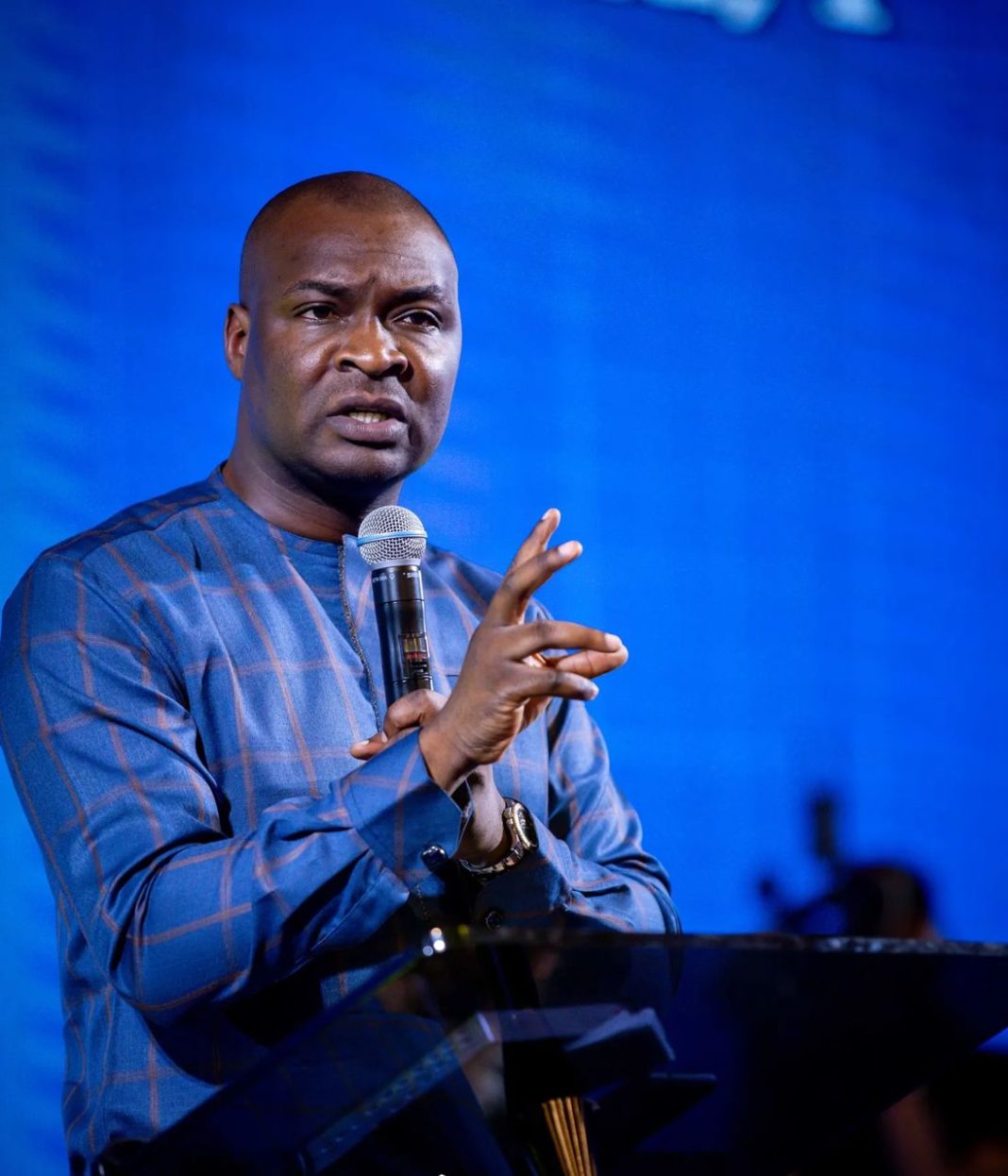Long before he was prophesying to presidents, filling stadiums, or appearing on international TV, Uebert Angel was a young man growing up in Zimbabwe, wrestling with a feeling he couldn’t shake—a persistent inner pull, a sense that his life would be about more than just survival, more than just ambition. That pull, he would later call “the calling.”
Born Uebert Mudzanire in 1978, Angel’s early life was far from the global stage he now commands. He came from humble beginnings, raised in a country that has seen its fair share of political turmoil and economic instability. His path, by all appearances, was ordinary. He studied, he traveled, and eventually relocated to the UK, where he earned degrees and built a business career. But even in his success, something tugged at him.
That something became impossible to ignore.
A Voice That Wouldn’t Be Quiet
By the mid-2000s, Angel says he began hearing from God in ways he couldn’t explain. “It wasn’t an audible voice,” he would later say in interviews, “but it was clear. I was being told to speak—to people, to nations, to the world.” He tried to run from it, he admits, but eventually surrendered.
In 2007, he founded Spirit Embassy—a small church with a big vision. What started as a handful of believers meeting in the UK grew quickly. People were drawn to the clarity and boldness of his message, and more so, to his claim that God was speaking through him. Not in vague, symbolic terms, but with detail—names, addresses, medical histories, unspoken prayers.
The Rise of a Prophet
Over the next decade, Angel’s ministry exploded. Spirit Embassy rebranded as the Good News Church, expanded into over 15 countries, and launched television networks like Miracle TV and Good News TV, which now broadcast his sermons to millions around the world. In his services, he’s known to pick people out of crowds and tell them details about their lives they say he could never have known—moments his followers call miracles.
But with his rise came scrutiny. Detractors began questioning the authenticity of his prophetic gift, pointing to the emotional intensity of his services and accusing him of staging revelations. Some labeled him a prosperity preacher, critical of his lavish lifestyle and his teachings that link faith with financial breakthrough.
Angel has never flinched in the face of criticism. “They called Jesus a liar too,” he once said during a service. “This comes with the calling. You can’t be called by God and not be called crazy by men.”
The Pressure of the Prophetic
Behind the cameras, beneath the designer suits and international conferences, Angel often speaks about the weight of his role. Being a prophet, he says, isn’t glamorous. It’s a burden. It means sleepless nights, spiritual battles, and constant pressure to speak only what he believes God has shown him—no more, no less.
Those close to him describe him as intensely focused, often withdrawn before services, spending hours in prayer. “He doesn’t take any of it lightly,” said one longtime associate. “He knows what’s at stake when he steps onto that platform.”
Beyond the Pulpit
In recent years, Angel has expanded his influence beyond church walls. He has mentored hundreds of emerging ministers and business leaders. He’s taken on diplomatic roles, including serving as a Presidential Envoy and Ambassador-at-Large for Zimbabwe. His reach is no longer just spiritual—it’s political, cultural, and increasingly global.
Still, he insists that his primary mission has never changed. “All I’ve ever wanted,” he once said, “is to do what God asked me to do. To be a voice when He needs one.”
Legacy in the Making
At 47, Uebert Angel stands as one of the most recognizable—and divisive—religious figures in the modern world. To some, he’s a fraud. To others, he’s the clearest evidence that t…





